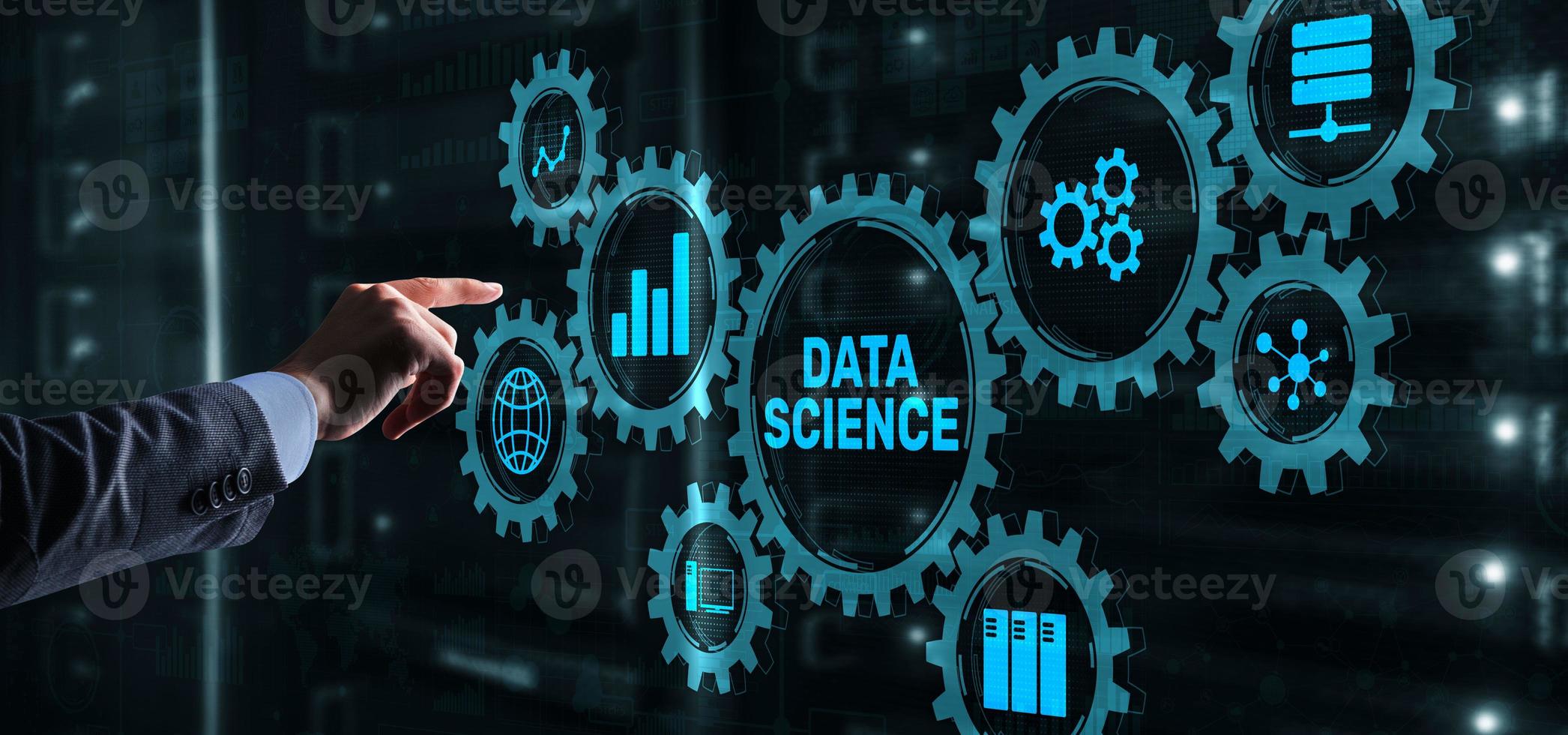What skills are required to become a Data Scientist?




To become a Data Scientist, you need a well-rounded skill set that spans technical, analytical, and communication domains. Here's a breakdown of the core skills and why each is important:
Essential for understanding how data behaves and how models work.
Probability & Statistics: Hypothesis testing, distributions, statistical significance
Linear Algebra: Vectors, matrices (used in ML models, especially in deep learning)
Calculus (basic): Understanding optimization (e.g., gradients in neural networks)
Example: Choosing the right statistical test to compare A/B testing results.
Used for data manipulation, analysis, and building models.
Python (most common): pandas, NumPy, scikit-learn, TensorFlow
R: Strong for statistical analysis and visualizations
SQL: Querying databases, data extraction
Example: Writing a Python script to clean and transform raw sales data.
Real-world data is messy. You must know how to:
Handle missing values
Convert data types
Normalize/standardize data
Deal with outliers
Example: Cleaning customer transaction logs before feeding them into a model.
Communicating insights clearly and effectively using graphs and dashboards.
Python tools: Matplotlib, Seaborn, Plotly
BI tools: Tableau, Power BI
R tools: ggplot2
Example: Creating a dashboard to show sales trends to stakeholders.
Building predictive or classification models using ML techniques.
Supervised Learning: Linear regression, decision trees, random forests
Unsupervised Learning: Clustering, PCA
Deep Learning: Neural networks (TensorFlow, PyTorch)
Example: Creating a model to predict customer churn.
Understanding business problems and applying appropriate data solutions.
Example: Identifying whether the company needs forecasting, classification, or anomaly detection.
Handling and analyzing data at scale.
Tools: Apache Spark, Hadoop
Cloud Platforms: AWS (S3, SageMaker), Google Cloud, Azure
Example: Processing millions of user logs to detect anomalies in real time.
Explaining complex results to non-technical stakeholders in a clear, concise way.
Writing reports
Creating presentations
Telling data-driven stories
Example: Presenting model results to a marketing team to guide ad campaign strategy.
Working in teams and managing code versions.
Git/GitHub: For code versioning and collaboration
Putting models into production and monitoring performance.
Docker, Flask, FastAPI
MLflow, Airflow
CI/CD pipelines
Example: Deploying a recommendation engine to a live e-commerce website.
Becoming a data scientist isn't just about mastering a few tools or memorizing algorithms — it's about developing a curious mindset, a solid foundation in data, and the ability to translate complex insights into real-world impact.
From programming and machine learning to statistics, data wrangling, and communication, each skill plays a crucial role in building successful data-driven solutions. Whether you're just starting out or looking to level up, remember: data science is a journey, not a destination.
At Tech Booster Institute, we believe in empowering aspiring data professionals with hands-on learning, mentorship, and practical experience. If you're ready to take the next step, explore our courses, join our learning community, and let us help you unlock your potential in the world of data.
https://www.techbooster.co.in/course-details?contain_id=24&stype=2